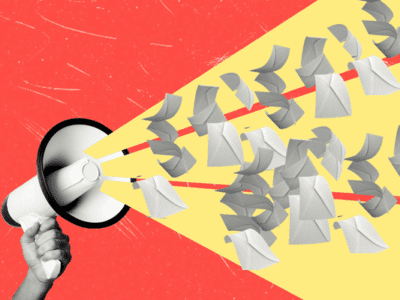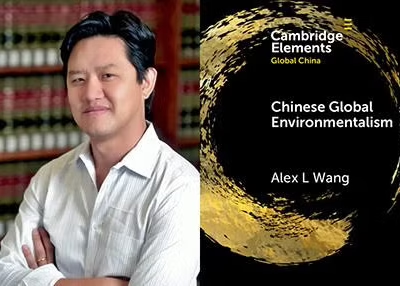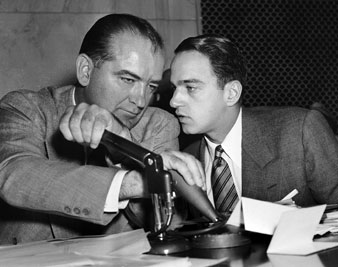The Renaissance of Energy Law
An esoteric field of law has become exciting and important.
Energy law used to be an obscure niche subject. It was devoted to subjects like oil and gas leases, the proper inflation adjustments in utility rates, and depreciation schedules for power plants. Utilities were famously set in their ways, using nineteenth century technologies to produce and deliver their products. Only specialists really paid much attention.
All that has changed dramatically. Energy law is a hot topic. Law students are thronging to the field, seeing an opportunity to combine social relevance with good-paying jobs. Top law schools are responding by competing for faculty.
The law school developments are just signs of how the field itself has changed. There are three interlinked reasons for the change.
- Climate change. Energy use accounts for the bulk of greenhouse gas emissions. The key to getting climate change under control is to rapidly decrease the user of fossil fuels. These facts make energy law central to one of the biggest issues now facing humanity. The resulting government policies are forcing radical change on the energy system of a kind not seen in a century or more.
- Technological changes. Wind and solar energy aren’t new ideas, but rapid technological changes have driven prices down to a fraction of their earlier levels. Batteries are now undergoing similar changes. Storage technology is threatening to upend one of the central axioms of the energy system: that the electricity generation and consumption must balance on a minute-by-minute basis.
- Economic changes. For most of the last century, the most efficient way to run the electricity system involved large-scale generation plans owned by utilities that also had a monopoly on the distribution of electricity to a region. Smaller generators have now become more economical, whether in the form of renewables or natural gas powerplants. This has diminished the argument for centralized systems, at the same time that transmission has improved to the point of making long-distance transportation of power economic.
- Regulatory changes. At the center of traditional utility regulation was a system of price control intended to protect consumers from monopoly prices. At the wholesale level, federal regulators have switched strategies to fostering competitive markets as a way of keeping prices reasonable. Some states have kept to the traditional system of regulation for distribution and sale of power to consumers, while others have moved toward more competitive markets. As it turns out, “deregulating” electricity markets requires some very complex regulations to keep the markets running smoothly, ensure reliability, and incentivize new investment. That’s why many experts prefer the term “restructuring.”
Taken together, these changes have disrupted the status quo, creating an exciting and dynamic field of law. It’s heartening that the legal academy has taken notice. It’s more important that lawyers are beginning to work with economists and engineers to push decarbonization forward.
Reader Comments
One Reply to “The Renaissance of Energy Law”
Comments are closed.







Dan, it’s nice to be proud of changes in education, but what are our institutions of higher learning actually accomplishing to solve the out-of-control world-wide threats to our civilization due to climate changes plus pandemics plus overthrow of democracies plus international relations failures plus overwhelming Us/Them dichotomies plus failures by all of our institutional leaders to meet the challenges of change?
Current events prove daily that we are most definitely not adapting in time.